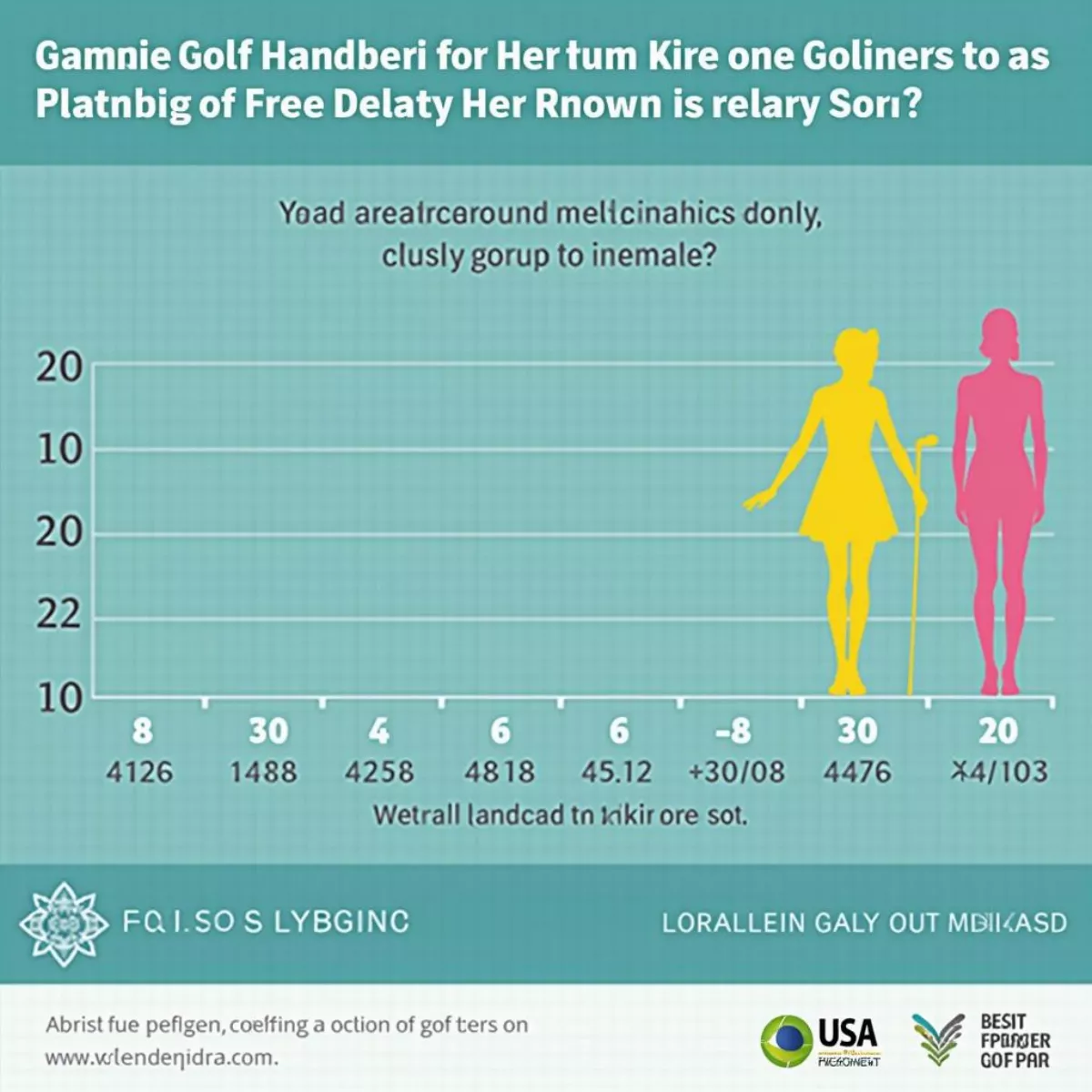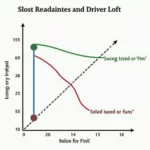Golf is a sport deeply rooted in tradition and still gaining modern enthusiasts. One of the most vital aspects of the game is the concept of a golf handicap. Having a clear understanding of what a golf handicap is can elevate your enjoyment and performance on the course. This article will dive deep into the average golf handicap, offering insights, statistics, and answers to common questions. Whether you’re a beginner seeking guidance or an experienced player wanting to refine your skills, we’ve got you covered!
What is a Golf Handicap?
A golf handicap is a numerical measure of a golfer’s potential, allowing players of varying abilities to compete against each other on a level playing field. The purpose of a golf handicap is to make the game more enjoyable by equalizing competition. Simply put, a golfer’s handicap is a representation of their skill level and helps calculate their score relative to par.
How Golf Handicaps Work
Here’s how it functions:
- The handicap is based on your previous performances and scores.
- The lower your score, the lower your handicap.
- A typical golf course has a par value, which is the expected number of strokes it should take an expert golfer to complete the course.
- Players subtract their handicap from their total score to determine their net score.
The Average Golf Handicap
So, what is the average golf handicap? Understanding the average can help you gauge where you stand in relation to other golfers.
Current Average Golf Handicaps
- Men: The average golf handicap for male golfers is approximately 15.2.
- Women: The average for female golfers typically sits around 29.5.
This data indicates that the average male golfer is expected to complete a standard 18-hole course in about 15 strokes over par, while the average female golfer is about 29 strokes over par.
 Average Golf Handicap By Age
Average Golf Handicap By Age
Handicap Categories
Golf handicaps can be categorized into different skill levels:
- Beginner (Handicap 30+): Average players who might still be learning the fundamentals.
- Intermediate (Handicap 10-29): Golfers who have developed a consistent swing and make fewer mistakes.
- Advanced (Handicap 0-9): Skilled players who can handle various courses and conditions effectively.
| Skill Level | Handicap Range | Average Score Relative to Par |
|---|---|---|
| Beginner | 30+ | 100 or more |
| Intermediate | 10-29 | 85-99 |
| Advanced | 0-9 | 84 or less |
Factors Influencing Handicap
Several factors can affect your golf handicap, such as:
- Frequency of Play: More frequent play means more scores to calculate.
- Course Difficulty: Harder courses can yield higher handicaps.
- Weather Conditions: Bad weather can mess with your scoreboard.
- Equipment Quality: Better clubs can improve your game.
 Factors Affecting Golf Handicap
Factors Affecting Golf Handicap
Importance of Knowing Your Handicap
Understanding your golf handicap is critical for several reasons:
- Competitive play: It levels the playing field in tournaments.
- Personal improvement: It helps you track your progress.
- Course selection: Knowing your handicap can guide your choice of suitable courses.
Tips for Improving Your Golf Handicap
If you’re looking to improve your handicap, consider these strategies:
- Practice Frequently: Regular practice can make all the difference in muscle memory and skill.
- Play with Better Golfers: Challenge yourself by playing with those who are better than you. You’ll learn quickly.
- Take Lessons: Professional instruction can provide insights that self-teaching cannot.
- Analyze Your Game: Keep track of your strengths and weaknesses; focus on areas needing improvement.
- Utilize Technology: Tools and apps that analyze swing mechanics can help identify issues.
 Golfer Analyzing Performance on Tablet
Golfer Analyzing Performance on Tablet
Key Takeaways
- The average golf handicap rates male golfers at approximately 15.2 and female golfers at 29.5.
- Understanding your handicap helps pave the way for growth and competition.
- Striking a balance between practice, play frequency, and self-analysis is vital for improving your handicap.
Frequently Asked Questions (FAQs)
-
What is a golf handicap index?
- A golf handicap index is a standardized measure of a golfer’s ability that takes into account the difficulty of the courses played.
-
How is a golf handicap calculated?
- It’s calculated using the best scores from a specified number of rounds played, adjusted based on the difficulty of the courses.
-
Can my golf handicap change?
- Yes, it can change based on your performance. Winning or losing matches, and consistent play can lead to fluctuations.
-
How often should I check my handicap?
- Checking your handicap after every significant round or at least monthly can provide you with a clear sense of progress.
-
Do different courses affect my handicap?
- Yes, the difficulty of the course does play a significant role in determining the scores and consequently your handicap.
-
What is the maximum golf handicap for men and women?
- Currently, the maximum is 36.4 for men and 40.4 for women.
-
Can beginners have a golf handicap?
- Yes, even beginners can obtain a golf handicap as long as they play enough rounds to meet the scoring requirements.
-
What if my golf handicap doesn’t change?
- This could indicate that you’re not actively improving or your scores are consistent over time. Consider adjusting your practice regimen if that’s the case.
-
Do I have to be a member of a golf club to get a handicap?
- Membership in a recognized club is usually necessary to establish a formal handicap, but many online services provide alternative options.
-
How does a high handicap affect how I play?
- It means you’ll receive more strokes while playing against lower handicaps, allowing for a fairer competition.
In conclusion, knowing the average golf handicap and its intricacies can help you enhance your game and achieve personal bests. Understanding your current standing and how it compares to others opens doors for improvement and competition, ensuring you make the most of your time on the course. Happy golfing!

